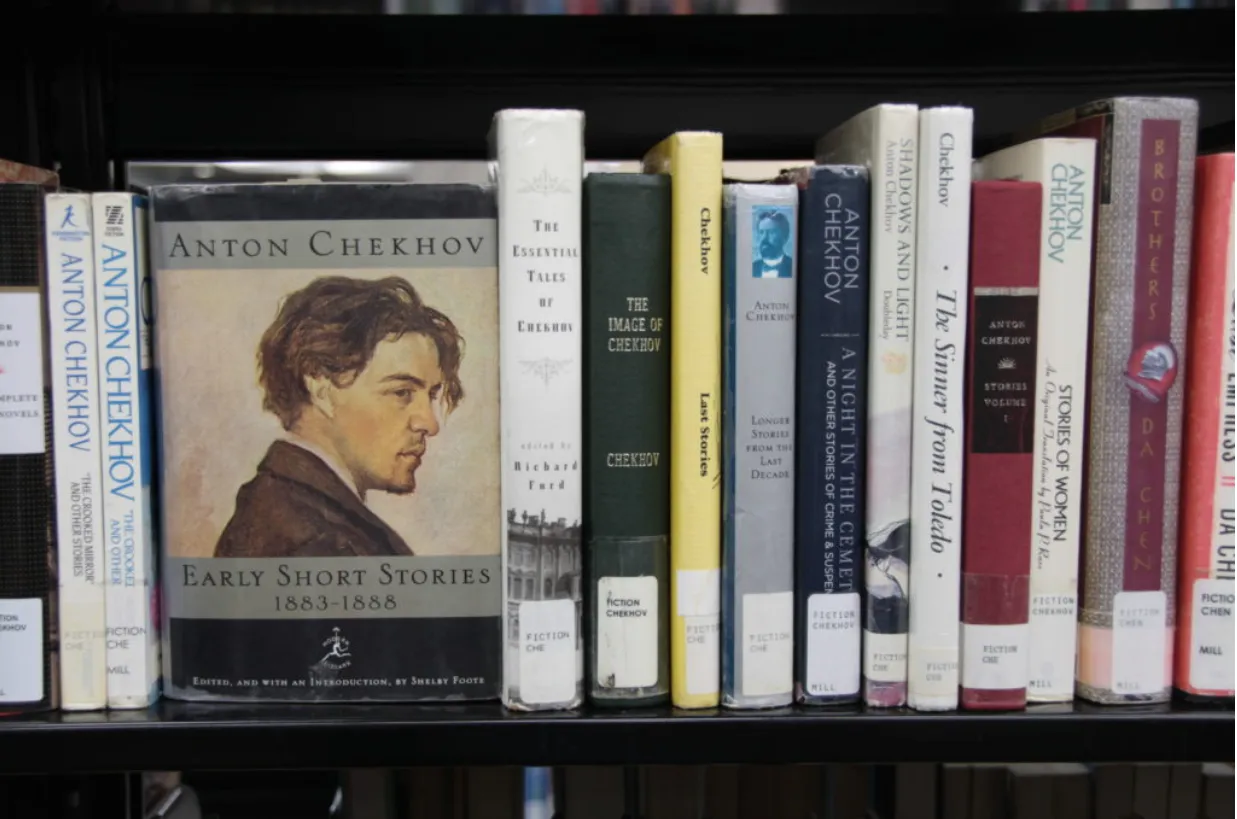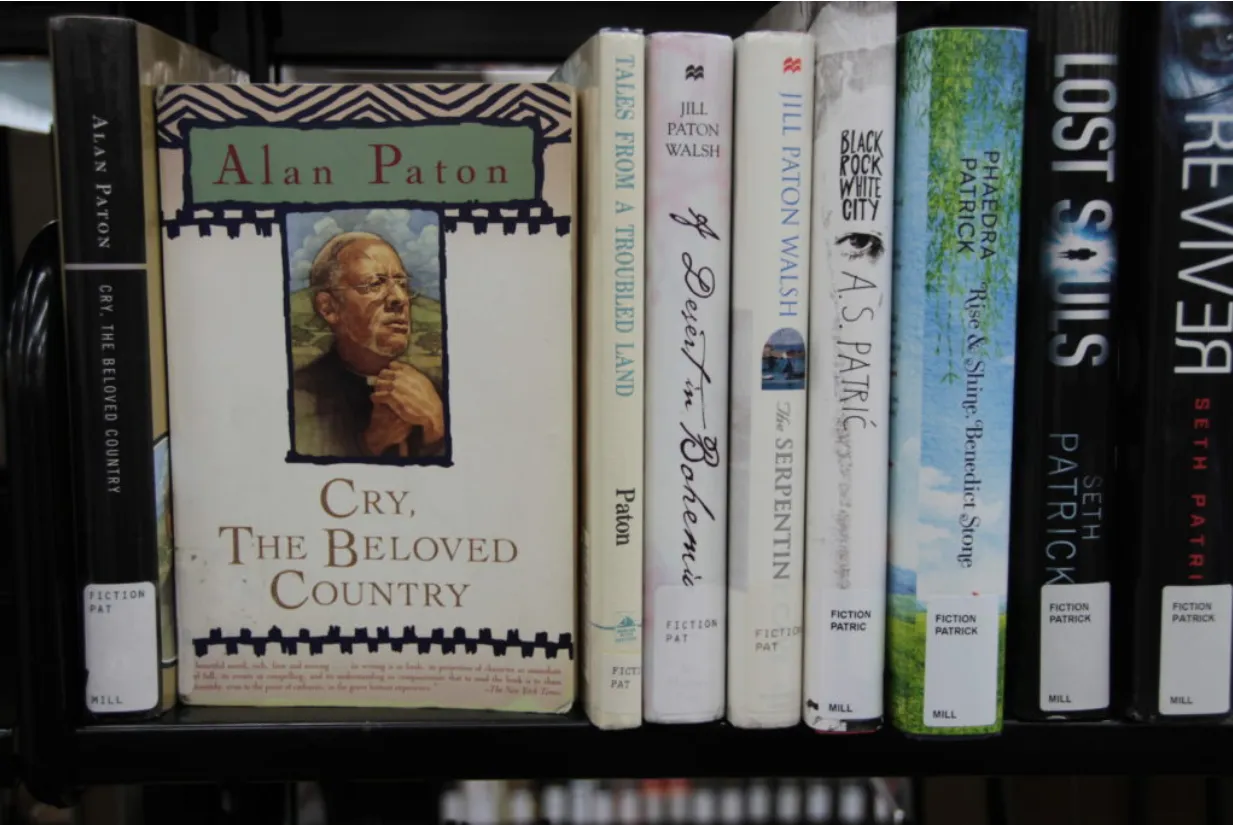You are missing out: Extolling the value and virtues of reading FICTION – Part I
My heart always misses a beat when I hear people say: “I don’t read fiction.”
It is said by many, writers included, with some disdain and aplomb as if declaring, “I eat all my veggies.” Or better still, “I eat only veggies.”
Reading fiction, contrary to popular belief, is not a sign of an immature mind or a waste of time. You are in the company of literary giants if you read fairy tales and fiction. And better still, write it. Allow me to take you along.
Most readers and writers will agree that J.R.R. Tolkien, C.S. Lewis, and Stephen King are literary heavyweights.
“When I was ten, I read fairy tales in secret and would be ashamed if I had been found doing so. Now that I am fifty I read them openly. When I became a man, I put away childish things, including the fear of childishness and the desire to be very grown up.” – C.S. Lewis
“Fiction is the truth inside the lie.” – Stephen King
If you have stopped reading fiction and fairytales since you’ve “become grownup,” you’re not alone, millions of others do likewise—however, the science (and good sense) is out there, showing you may do yourself a disservice, locking a part of your brain and personality from flourishing. And, in the process, also deny yourself much joy, wonder, and beauty. (Listening to the audiobook versions is an excellent alternative option.)
Do you value the freedom of mind and soul? Then read on.
There are several reasons why we read (fiction):
1 | For pleasure. When on vacation. During breaks at work. On the tube or bus or in the park or coffee shop. To escape in a healthily way.
2 | To destress. To unwind. For relaxation after a day’s hard work. Relaxation therapy before going to bed. It is crucial to disengage and refuel. Our brains and minds need rest, a reprieve. Fiction can give it that.
“Fantasy is escapist and is its glory. If a soldier is imprisoned by the enemy, don’t we consider it his duty to escape? … If we value the freedom of mind and soul, if we are partisans of liberty, then it is our plain duty to escape, and to take as many people as we can!”
– J.R.R. Tolkien
3 | To numb a dreaded existence. Numbing emotional, spiritual, and physical pain. To escape a difficult life (stressful or unsatisfying work situations, conflict in our relationships, abuse, poor health, illness, financial woes, loneliness.) Some use alcohol, drugs, food, sex, binge-watching TV/shows or binge reading to numb the pain. It can be part of an existential search for the meaning of our lives. Here’s the problem: it never really satisfies.
What reading fiction will do for us:
1 | Teaches us empathy. It is part of our quest to find meaning. Imagining creates understanding. In a novel or memoir with strong prose, it is possible to step inside the skin of the character and walk (for a while) in their shoes. That experience changes the reader. We can learn that life is not always black-and-white. We can get our lives mirrored back to us. It can help us apply truths to our own lives.
““Imagination is not only the unique human capacity to envision that which is not, and therefore the fount of all invention and innovation. In its arguably most transformative and revelatory capacity, it is the power that enables us to empathize with humans whose experience we have never shared.”
– J.K. Rowling
2 | Makes us more observant. It teaches us to become situationally aware. To pay attention. To notice. Too often, we care only about ourselves. It helps us be more observant of others, of their pain, their joy, their hopes, and aspirations. The goal is not only better self-knowledge, and remain focused on self, but to live that out into the community, to reach out to others, positively impact their lives.
3 | It gives us hope. It fills us when we’re drained emotionally, after giving at work and giving to our family. It nourishes our souls, our minds—if we read stories, it can fill us with beauty, with light and hope and healing, and yes, help us overcome struggle and pain and hardships. We need words and the Word. It is not time wasted.
“Reading fiction teaches us to celebrate beauty.” – Ashley Hales
4 | Reading fiction improves our creativity. “Reading fictional literature could lead to better procedures of processing information, including those of creativity.”
“It is no wonder that truth is stranger than fiction. Fiction has to make sense.”
– Mark Twain
“Creativity involves breaking out of established patterns in order to look at things in a different way.” – Edward de Bono
Perhaps it’s time to become enraptured again by words. As if for the first time. Be courted. Fall in love. Be transported. Be transformed—by reading a novel, a memoir, a fairytale, or a collection of poems. (It can change your life if it doesn’t save it.) Then, while reading, pause. Reflect. Be silent. Laugh. Perhaps cry some. Then read on. And, when we’re done, take that beauty we’ve discovered between the pages, add color to our lives and to that of others, adding beauty and hope and a sense of wonder to a world in desperate need for it.
An excellent place to start is perhaps with memoirs. They can become a “bridge” between the nonfiction and fictional world. From memoirs, you can transition to fiction. Memoirs are a retelling of a section from an author’s life in a captivating and meaningful way. There are countless to choose from; start with The Glass Castle by Jeanette Walls and Paula by Isabel Allende.
“Someday you will be old enough to start reading fairy tales again.” – C.S. Lewis
“You are a writing role model. Are you a reading role model too? You can change that. . . . Moms and dads, it’s important that your kids see you reading." – James Patterson
What are you reading?
Let’s enter that infinite landscape. You are old enough to read fairytales again. Let’s become reading role models to our youth. Grab a novel. Let’s explore the new and exciting world that awaits us!
This article was also published on Medium.
References:
- Ashley Hales, Ph.D. Why reading fiction is good for the soul. May 2017. Intervarsity.
- Hannah Frankman. The Importance of reading fiction. Oct 18, 2017.
- Courtney Seiter. The surprising power of reading fiction. Buffer.
- Collins et al. Impact of fictional reading intervention on empathy development in student pharmacists. Curr Pharm Teach Learning May 2017.
- Tom Farr. The real-world benefits of reading fiction. Medium. Oct 7, 2017.
© 2018 DanieBotha.com. All rights reserved.
All images by Danie Botha.



